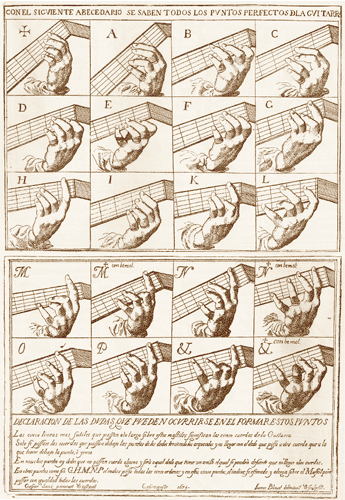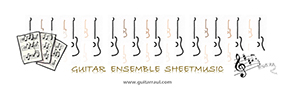
At present there are contrasting theories as to the role of imitation in learning. In this study imitative and arbitrary stimulus-response pairings were examined. Experiment 1 involved eighteen non-musicians learning to execute four guitar chords in response to stimulus chords.They were either instructed to imitate the stimulus chord or execute a learned, associated chord (from within the set of four chords). Experiment 2 involved twelve participants (half guitarists, half non-guitarists) learning four discrete stimulus-response pairings removing theneed to be instructed as to whether an imitative or associative response was required. Both experiments provided supportive evidence for the associative theory of imitation in that errorsmade (experiment 1) and response times (experiment 2) became indistinguishable between the imitation and association conditions after practice
By A .Postlethwaite
Imitative_and_Associative_Learning_of_Complex_Finger_Actions
http://lancaster.academia.edu





